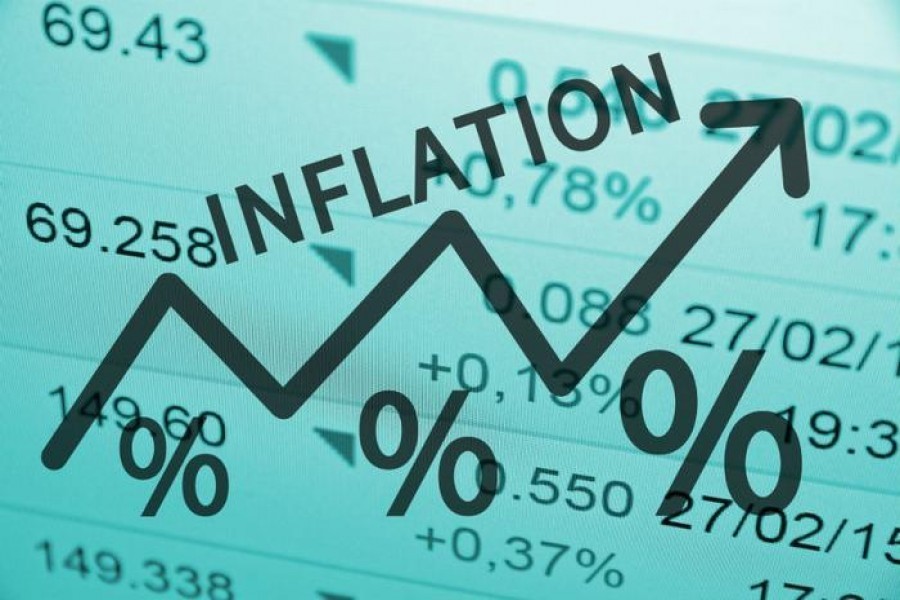Bangladesh saw inflation barometer of the economy surge with increases in both food and non-food prices, partly in tune with global market and largely for lax local controls in analysts' view.
The state-run Bangladesh Bureau of Statistics (BSS) reported the rate point-to-point inflation at 5.98 per cent in November 2021 against the previous month's 5.70 per cent.
According to BBS data, the rate of food inflation rose to 5.43 per cent in the past month compared to 5.22 per cent in the previous month (October).
The non-food inflation also heated up to 6.87 per cent from the 6.48 per cent, the official figures show.
"Although the point-to-point inflation showed upturn in rural and urban areas in November, the increase in rural areas was comparatively higher than in urban areas," according to the BBS data.
The rate of rural inflation surged to 6.20 per cent on in November on a point-to-point basis from 5.81 per cent.
The rate of food inflation rose to 5.90 in rural area while that of non-food to 6.78 per cent in November last while the rates were 5.62 per cent and 6.17 per cent respectively in October, 2021, the BBS data revealed.
Meanwhile, the point-to-point inflation has been maintaining upward trend over the last few months, raising concerns among the government, policymakers and the consumers as a whole.
Economists point out both global and local production slowdown and supply-chain problems for the pandemic corona among reasons for commodities getting pricier.
Some suspect acts of 'oligopoly' behind abnormal price hike, in some cases, in the absence of sound marketing system and lax market monitoring by agencies concerned.
Government intervention through TCB truck sale of some essentials relieved woes of lower-income groups of people to some extent.


